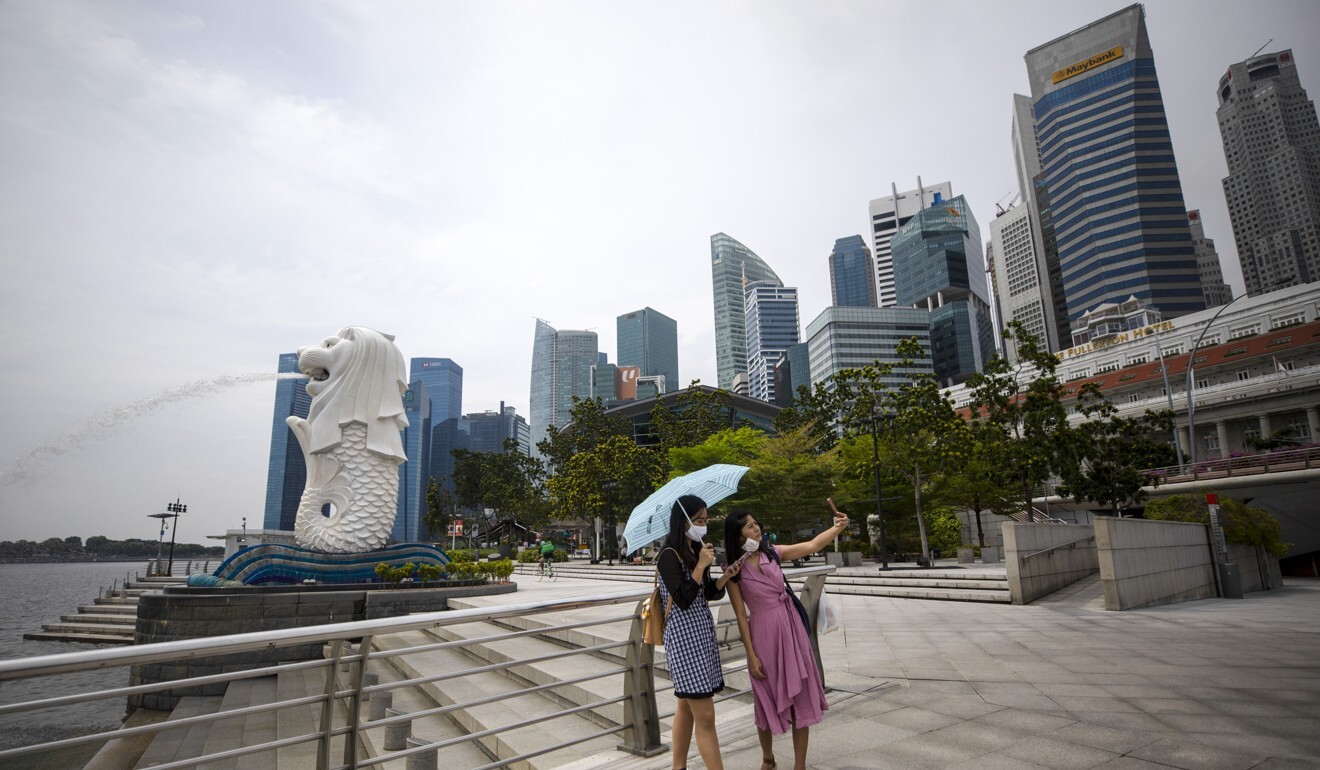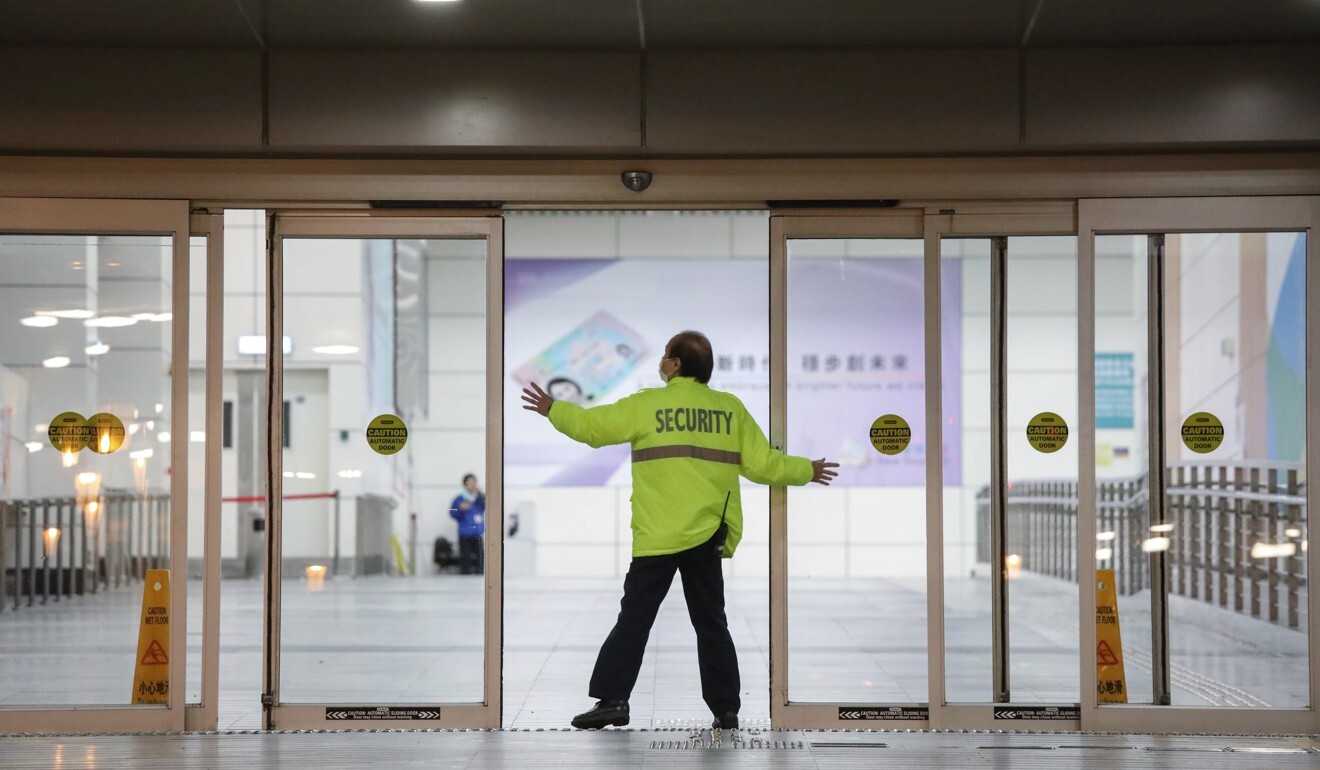
Hong Kong-Singapore travel bubble: more affordable Covid-19 tests needed to boost tourism, industry players say
- Coronavirus PCR tests range between US$39 and more than US$129 in Hong Kong, while similar tests cost about US$221 at Singapore airport
- If the prices are not lowered, only people with urgent needs will resume travel, and local tourism industry won’t benefit, lawmaker Yiu Si-wing says
Hong Kong’s travel agencies also urged the city government to speed up talks of reopening the borders with their counterparts in mainland China, Taiwan, and Japan to help the local industry survive through the dire situation.
Their demands came a day after Singapore and Hong Kong reached a preliminary agreement to establish the world’s first two-way, quarantine-free travel bubble. The governments aimed at reinstating links between the two regions “within weeks”, almost seven months after their borders were closed due to Covid-19.
Under the agreement, travellers must prove they have tested negative for the virus within 72 hours before their departure and fly only on designated flights, to avoid quarantine.
Tourism sector lawmaker Yiu Si-wing saw the agreement as a milestone to catalyse the formation of travel bubbles with more destinations, but said the high costs of mandatory Covid-19 testing in the two regions could discourage travelling for tourism.

“The costs in conducting rounds of tests, which could be at least HK$2,000 (US$258), will have to be added to other travel expenses on flight and accommodation,” he told a radio programme on Friday.
“It is expected that only people with urgent family and business needs will resume travel at the initial stage. The local tourism industry won’t benefit.”
In Hong Kong, the cost of a polymerase chain reaction (PCR) test for Covid-19 ranges from HK$300 (US$39) to more than HK$1,000 (US$129). Similar tests at Singapore’s airport cost about SG$300 (US$221), according to a government source.
Hong Kong’s tourism industry is one of the sectors worst hit by the pandemic, as officials have shut the city’s borders to tourists since March.
A survey released on Thursday showed more than 80 per cent of local travel agencies “must” or are “very likely” to lay off staff if the government did not offer a fresh round of wage subsidies for their employees in the coming months.
On the same radio programme, Travel Agent Owners Association president Freddy Yip Hing-ning called on local officials to speed up talks of reopening the borders with their counterparts on the mainland and other popular Asian destinations to help the local industry survive through the dire situation.

He said travellers entering Singapore every day took up a very small portion of the number of total outbound tourists, compared to the number visiting the Greater Bay Area, Taiwan, Japan and South Korea.
Also the chairman of Goldjoy Holidays, Yip urged the government to ease a restriction on group gatherings from four to 30, so their travel guides could survive on local tours.
But Ho Pak-leung, the head of the University of Hong Kong’s Centre for Infection, suggested that all Covid-19-related measures should not be relaxed before the travel bubble started.
“The success [of the plan] depends on whether there is a resurgence of cases in the coming two to three weeks … I am still worried because most local cases reported in the first two weeks of this month had untraceable origins,” he said.
He added that the months-long talks of the air corridor between Australia and New Zealand highlighted the “huge challenges” other governments faced in materialising the concept.

